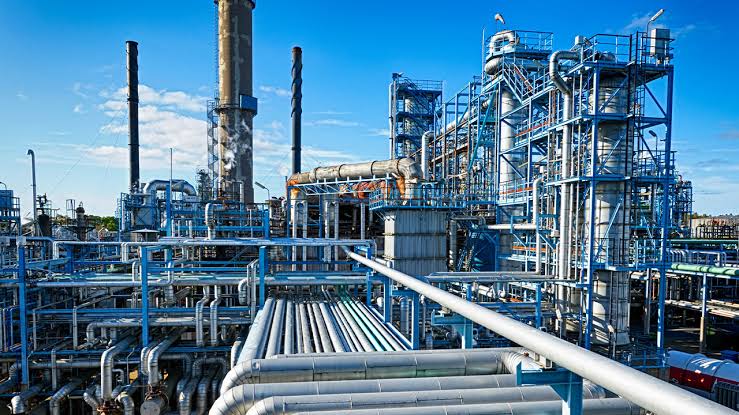The Executive Secretary of the Nigerian Content Development and Monitoring Board (NCDMB), Engr. Felix Omatsola Ogbe, has noted that Nigeria’s oil and gas sector cannot achieve its full potential without deliberate and sustained investment in human capital development.
Speaking at the 2025 PENGASSAN Energy and Labour Summit (PEALS) themed “Building a Resilient Oil and Gas Sector in Nigeria: Advancing HSE, ESG, Investment and Incremental Production” in Abuja, Ogbe stressed that while assets and infrastructure are vital, it is the skills and competencies of people that ultimately unlock the sector’s true value.
Delivering his paper on “Building Resilient Human Capacities for the Nigerian Oil and Gas Industry”, Ogbe emphasized that the future of the industry will depend not merely on the size of Nigeria’s reserves but on the nation’s ability to develop a highly skilled, innovative, and adaptable workforce.
“At NCDMB, we have invested significantly in Human Capacity Development (HCD) programs designed to ensure that Nigerians are trained, certified, and empowered to contribute effectively to industry growth,” he said.
Ogbe highlighted several key initiatives, including the Nigerian Content Human Capital Development Implementation Strategy, which mandates that every major industry project must include training components for young Nigerians. He noted that thousands have already benefited from specialized training in engineering, welding, underwater technology, project management, and other critical fields.
He further outlined the Board’s vocational and technical training programs in automation, mechatronics, marine operations, pipe fitting, and health and safety, as well as its Research and Development (R&D) fund that fosters local innovation and collaboration between academia, research centers, and industry.
According to him, NCDMB also invests in its own personnel through structured technical and management training both locally and internationally, alongside programs on digital skills, leadership, and emerging energy technologies.
“Comrades, the future of work in the oil and gas industry will look different from what we know today. The global push towards energy transition, digitalization, and automation requires that our workforce must be agile, multi-skilled, and forward-looking,” he cautioned.
Ogbe called for prioritization of STEM education and vocational training, as well as stronger collaboration between government, labor, and industry stakeholders to align capacity development with emerging opportunities.
He concluded: “Human capacity is the true oil that lubricates the wheels of our industry. If we invest in our people, we can withstand shocks, adapt to change, and ensure that Nigeria’s oil and gas industry thrives for generations to come.”
ALSO READ TOP STORIES FROM NIGERIAN TRIBUNE
WATCH TOP VIDEOS FROM NIGERIAN TRIBUNE TV
- Let’s Talk About SELF-AWARENESS
- Is Your Confidence Mistaken for Pride? Let’s talk about it
- Is Etiquette About Perfection…Or Just Not Being Rude?
- Top Psychologist Reveal 3 Signs You’re Struggling With Imposter Syndrome
- Do You Pick Up Work-Related Calls at Midnight or Never? Let’s Talk About Boundaries







